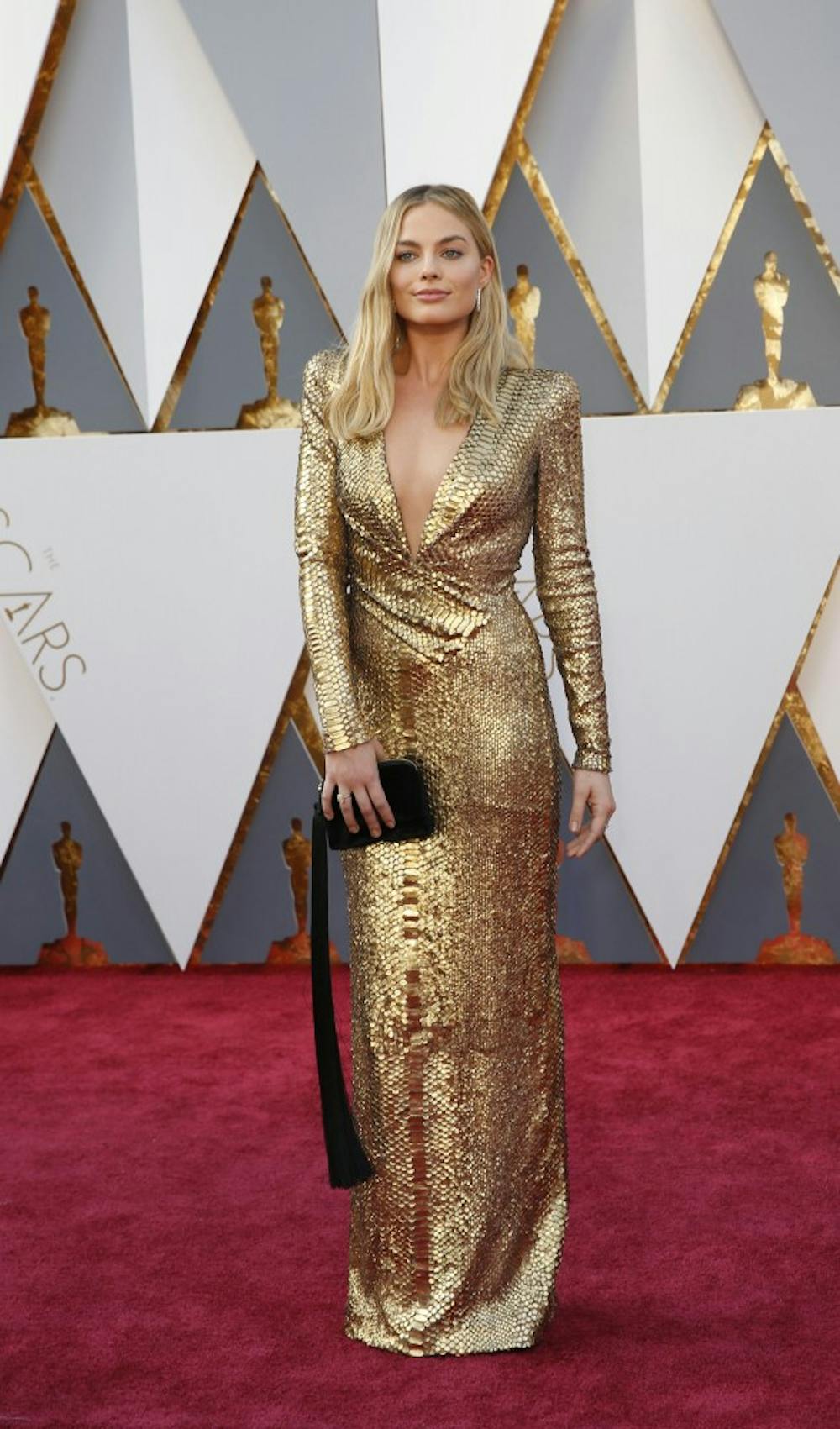Last week, actress Margot Robbie, who will be starring as popular anti-heroine Harley Quinn in the upcoming “Suicide Squad,” announced her involvement as producer on a spin-off to “Suicide Squad.”
What will make this one different is that it will star a female ensemble cast.
Putting aside my excitement for what could possibly be a “Birds of Prey” reboot, this is actually a big leap forward. This and Marvel’s and DC’s respective announcements for “Captain Marvel” and “Wonder Woman” movies show signs of Hollywood coming closer to gender equality.
Ever since the first comic book was released in the 1830s, there has been this absurd assumption comic books were inherently masculine and therefore no women were ever interested in the affairs of superheroes.
I cannot even begin to describe how wrong that is.
According to a report dating all the way back to 1944, about 81 to 91 percent of girls read comics. This hasn’t changed much either throughout time. Nearly half of the entire comic book community is female.
This should be no more surprising to you than it is to me. Some of the most hardcore comic book fans I know are female. They are the ones I see with the best costumes at ComicCon, the ones with advanced screening tickets to the latest superhero blockbuster and the ones who most frequent local comic book stores.
Despite this clear balance in the fanbase, it doesn’t take an expert to deduce Hollywood totally panders its comic book releases to men.
Don’t believe me? When was the last time you saw a major comic book movie with a female protagonist? I’ll wait.
It wouldn’t be surprising if women were getting annoyed with this too. After all, as of 2015, the two most successful superhero movies with female audiences were “The Avengers” and “Guardians of the Galaxy,” both featuring prominent heroines.
Wow. You would almost think people enjoy representation. What a mind-blowing concept.
The CEO of Marvel Ike Perlmutter hasn’t seemed to catch up with the rest of the world though. In a leaked email to Sony, he listed the box office bombs “Elektra,” “Supergirl” and “Catwoman” as what appeared to be proof of not making any female-led films.
Thus, there really isn’t a definite comic book movie for women to be developed yet. Women rarely, if ever, play primary roles in Marvel and DC films. They’re usually accompanied with minimal dialogue and even less character development.
You could make a compelling argument Black Widow is just as popular right now as Captain America, Iron Man and Hulk, yet she is the only Avenger aside from Hawkeye without her own movie.
Though Wonder Woman will be getting her own film in 2017, her “introduction” in “Batman v Superman: Dawn of Justice” was insulting to say the least. How many minutes of screen-time did she get? Maybe 10?
Sure, no one will deny Wonder Woman kicked a lot of ass in the climax to the film, but we only saw her doing so for about five minutes. The other five minutes is just her being some “Dark Knight Rises”-esque rip-off of Catwoman.
It’s about quality just as much as quantity too. Marvel is generally considered egalitarian, yet quite a few sexist stereotypes manage to sneak into the films.
The incredibly underrated Gamora from “Guardians of the Galaxy” is still called a “whore,” despite being light-years away from Earth. A passive-aggressive catfight between Jane and Lady Sif has been present throughout the “Thor” movies.
Don’t forget how several male fans and actors often reference Black Widow as a “slut” for possibly sleeping with members of the Avengers, despite the fact other comic book protagonists like Tony Stark and Bruce Wayne are total womanizers.
The most recent example of this is the design of Harley Quinn in “Suicide Squad,” which has never made me more nervous for a comic book movie in my life. The quick-witted yet tragic character from the 1990s animated series and comic books seems to have been reduced to the “silly blonde bimbo” archetype.
Trailers have featured Harley bending over in front of the camera, putting on a “Daddy’s Lil’ Monster” T-shirt over a red bra and sporting bleached Lolita-esque pigtails.
You could argue Harley might be doing all of this as a means of manipulating her enemies, which wouldn’t be out of character, but why was it necessary to sell the movie purely based on eye candy, rather than character? She’s far too respected for anything otherwise.
Perhaps this upcoming Robbie production and the “Captain Marvel” and “Wonder Woman” will make a difference. They might be just as, if not more, successful than the male-dominated comic-book movies recently released.
After all, matriarchies have proven to be more prosperous than patriarchies. Maybe it’s time for Hollywood to have its own super-powered queen.
afaulds@indiana.edu | @a_faulds9615



